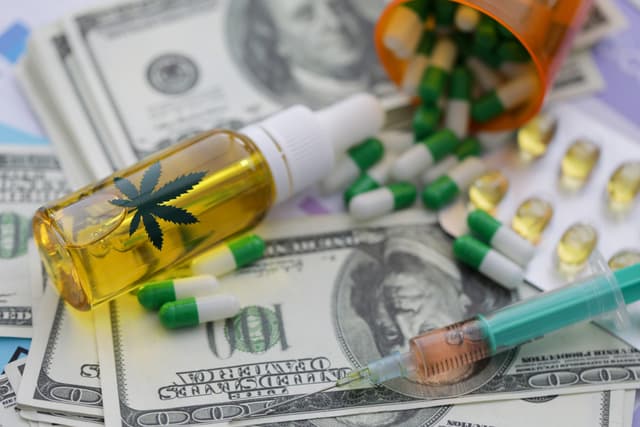Mississippi Brings In $6 Million From Medical Marijuana Before Sales Begin
- Mississippi Cannabis
- Mississippi Brings In $6 Million From Medical Marijuana Before Sales Begin
Medical marijuana was prohibited for qualified patients in Mississippi. It caused difficulties for physicians and residents because of its high demand. Hence, lawmakers validated the Mississippi Medical Cannabis Act on January 26, 2022, which was signed by Tate Reeves a week later.
The legal cannabis sale was scheduled for the end of November. Even though the medical marijuana program has not been fully completed, Mississippi is already receiving significant revenues.
On September 19, the state already managed to get about $6 million in permit and one-time application fees from consumers. They are dispensaries, processors, cultivators, testing operations, and transportation organizations. The state received $1,264,500 from their licenses. To clarify it consists of:
Cultivation licenses-$905,000
Testing facilities-$25,000
Processor licenses-$175,000
Micro-cultivation licenses-$110,000
Disposal licenses-$12,500
Transportation businesses-$37,500
Only 113 licensed dispensaries are registered with the tax organization. From their licenses, the state received $4.52 million in income until the end of September. It is planned to grow more as soon as cannabis sale begins by the end of the year. And even then, a 7% sales tax will be levied on it.
Consumers should know that not only do they have to pay for licenses, but also, they need to renew them.
So, a dispensary permit costs $25,000, and a nonrefundable application charges $15,000. It is valid for a year, and renewals cost $25,000. Cultivation, processing, disposal, and transportation licenses are proper for four months.
Transportation and disposal licenses cost $7,500, and $5,000 is required for the one-time petition.
According to Senate Bill 2095, patients can get flowers, cannabis concentrates, and extracts. Other cannabis-infused products will also be available, including food, drinks, and other consumer products like care items.
Based on the law, agriculturists are subject to taxes at a rate of 5% when selling to dispensaries. Taxes for sales at dispensaries are set at 7% to patients.
The Department of Health will only issue free medical marijuana cards to disabled first responders and veterans. Qualified patients will have to pay a $25 nonrefundable fee. Patients on Medicare will need to pay only $15 for a card.
Clients should know that eligibility is available for specific illnesses. Among them are:
Cancer
Glaucoma
Autism
Hepatitis
Patients can acquire 21 grams weekly and 84 grams monthly under the legislation.
However, patients, caregivers, medical practitioners, facilities, services, and dispensers must apply for licenses and registrations to obtain qualifications. In addition, they must apply all the laws and regulations for getting medical marijuana.
